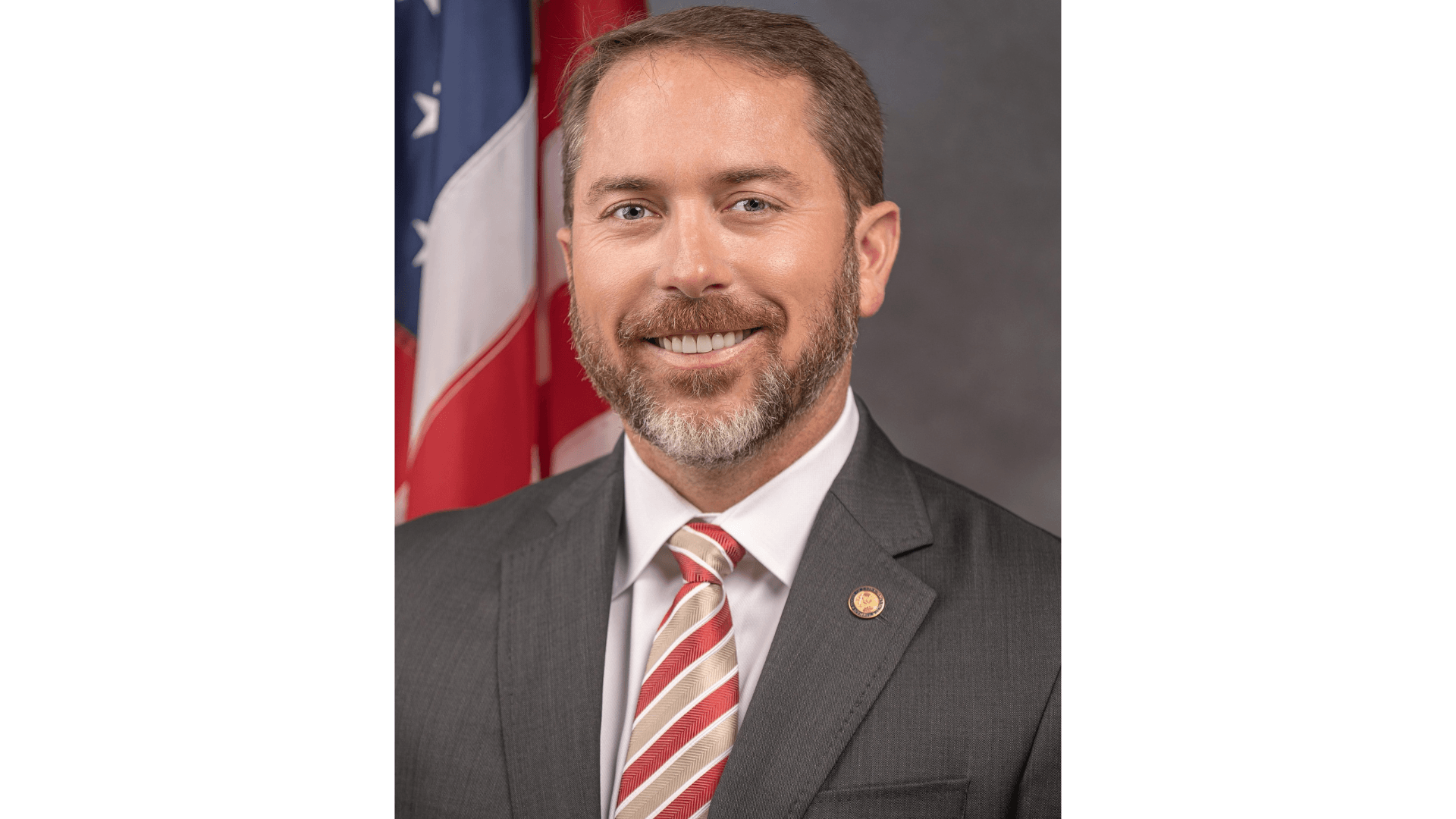Shoaf resubmits tourism tax bill for public safety allocations
After unsuccessfully trying to guide similar legislation through last year’s legislative session, State Rep. Jason Shoaf (R — Port St. Joe) has filed a bill with the Florida House that would allow limited bed tax revenue to be used for public safety, including law enforcement.
House Bill 309, which has yet to be entitled, calls for as much as 10 percent of fiscally constrained coastal counties’ tourism taxes be available for public safety entities, at each county’s discretion. An accompanying bill has been filed in the State Senate by State Sen. Corey Simon (R — Tallahassee).
If things go according to his plan, Shoaf’s bill could go into effect as soon as July 1.
“I’m resubmitting (the bill) in the final form that we got it to last year,” said Shoaf.
Shoaf’s original tourism tax bill saw some significant changes in the Florida House during the 2022 legislative session.
Through committee and subcommittee processes, the available amount was lowered from up to 20 percent to up to 10 percent. It also includes an amendment that says public safety needs must be directly tied to demonstrated tourism-related burdens and concerns, responding to concerns from representatives of the restaurant and lodging industries.
Shoaf’s previous iteration of the bill also allowed for up to 20 percent of bed tax dollars to be set aside for training programs that would promote or support tourism in coastal counties, which caused debate among committee members. The state representative said this has been removed from the 2023 version.
“I’m not going to try to go after the workforce training, which I wanted, but I know we can’t get there,” Shoaf said. “We’ll lose support if we go that far.”
If passed, the bill stipulates county governments will be responsible for determining how much of the available TDC tax percent they will designate for public safety.
“I don’t want to tell them how to spend their money, I just want them to be able to spend it if they want to spend it,” said Shoaf.
The wording of the bill also makes clear that counties will not be able to have bed tax revenues replace existing funding sources for these departments.
“If taxes collected pursuant to this section are used to reimburse emergency medical services or public safety services for tourism or special events, the governing board of a county or municipality may not use such taxes to supplant the normal operating expenses of an emergency medical services department, a fire department, a sheriff’s office or a police department,” the bill reads.
As Florida law now stands, bed tax dollars may only be spent on promoting increased tourism, including marketing and advertising efforts, and not public safety. But in recent years, there have been a few exceptions.
Similar legislation has been sweeping coastal Panhandle counties. Most recently, in 2018, Bay County designated dollars from the Tourist Development Council tax for use by the local sheriff’s office and law enforcement agencies.
But the existing legislation that allowed this to be done in Bay, Okaloosa and Walton Counties set population and minimum raised tourism tax parameters that smaller coastal counties, like Gulf County, are unable to meet.
Shoaf’s original bill came after Gulf County commissioners voted to replicate Bay County’s model during their September 2021 meeting. At the meeting, Sheriff Mike Harrison spoke to commissioners about the strain his department has faced with increased tourism.
“When you look at our population, and you look at our officer-per-person, it seems to be in line,” Harrison told the Star at the time. “But when you compound that with busy holiday weekend tourists – it just stretches our resources very thin.”
The sheriff explained that often traffic alone in peak tourist season creates a large burden on his office.
“We don’t have the time to do the proactive patrol that I wish we could do,” he said. “So many times, it’s just reactive with our deputies hustling calls, one right after the other.”
HB309 was referred to the Ways and Means Committee on Feb. 1.

